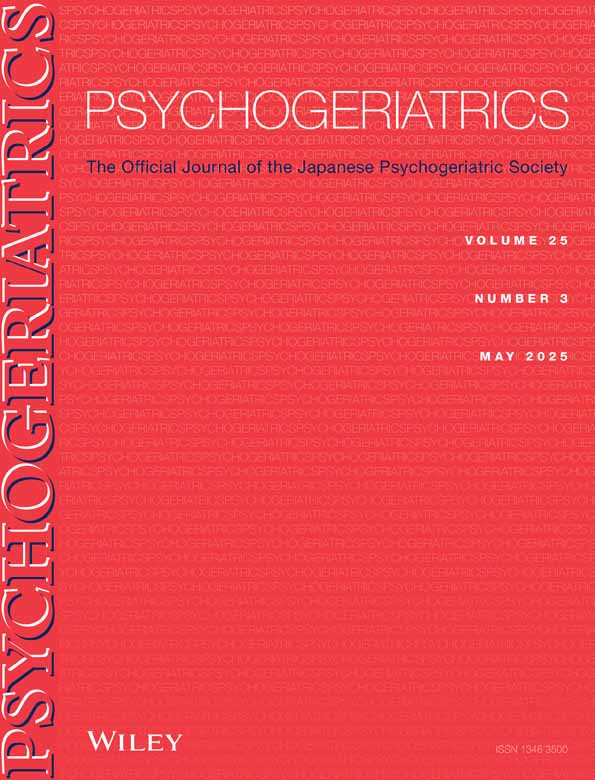A neglected geriatric syndrome: assessment of self-neglect in the shadow of COVID-19
ABSTRACT
Background
We aimed to screen self-neglect in older adults before and after the COVID-19 pandemic, to evaluate the effect of the pandemic on self-neglect, and to evaluate the relationship between self-neglect and geriatric syndromes in this study.
Methods
Older adults ≥65 years old and without dementia who applied to a single-centre geriatric outpatient clinic between December 2023 and May 2024 were included in the study. We performed self-neglect screening for the pre- and post-pandemic era with the Istanbul Medical School Elder Self-Neglect questionnaire. Additionally, comprehensive geriatric assessment data and quality of life data with the Euro-Quality of Life 5D-3L scales were evaluated.
Results
A total of 104 patients, with a mean age of 76.8 ± 5.9 years and 70% female, were included in the study. Self-neglect was detected in 19 patients (18.3%) at the post-pandemic period. The older adults with self-neglect were more frail, more dependent, more depressed, had higher risk of sarcopenia, also had more common polypharmacy and urinary incontinence (all P < 0.05). Also, quality of life was found to be more impaired in the self-neglect group (P < 0.001). In multivariate Cox regression analysis, being dependent and having a high risk of sarcopenia were associated with self-neglect in the post-COVID-19 period (odds ratio (OR): 0.15; CI: 0.03–0.83; P = 0.030 and OR: 1.45; CI: 1.01–2.09; P = 0.048, respectively.).
Conclusion
Self-neglect in older adults is an important part of comprehensive geriatric assessment and should be screened with validated methods. As it is significantly related with other geriatric syndromes, it suggests that interventions in geriatric syndromes may prevent self-neglect.
Open Research
DATA AVAILABILITY STATEMENT
The data that support the findings of this study are available from the corresponding author upon reasonable request.




